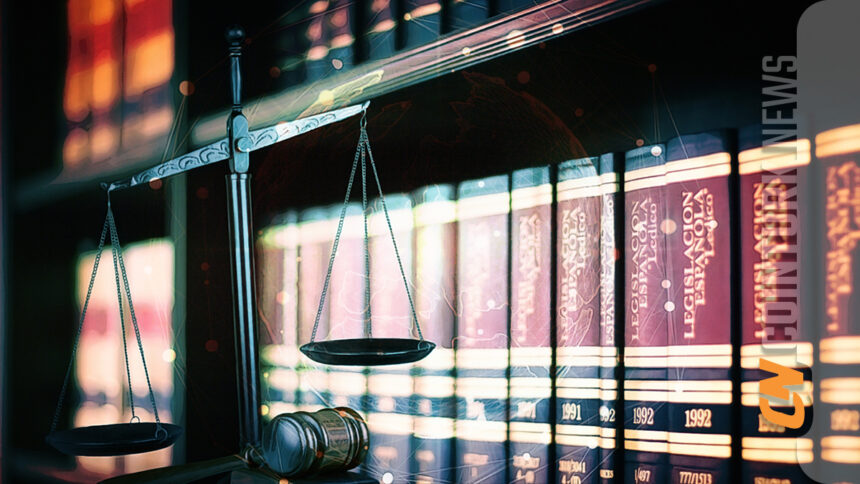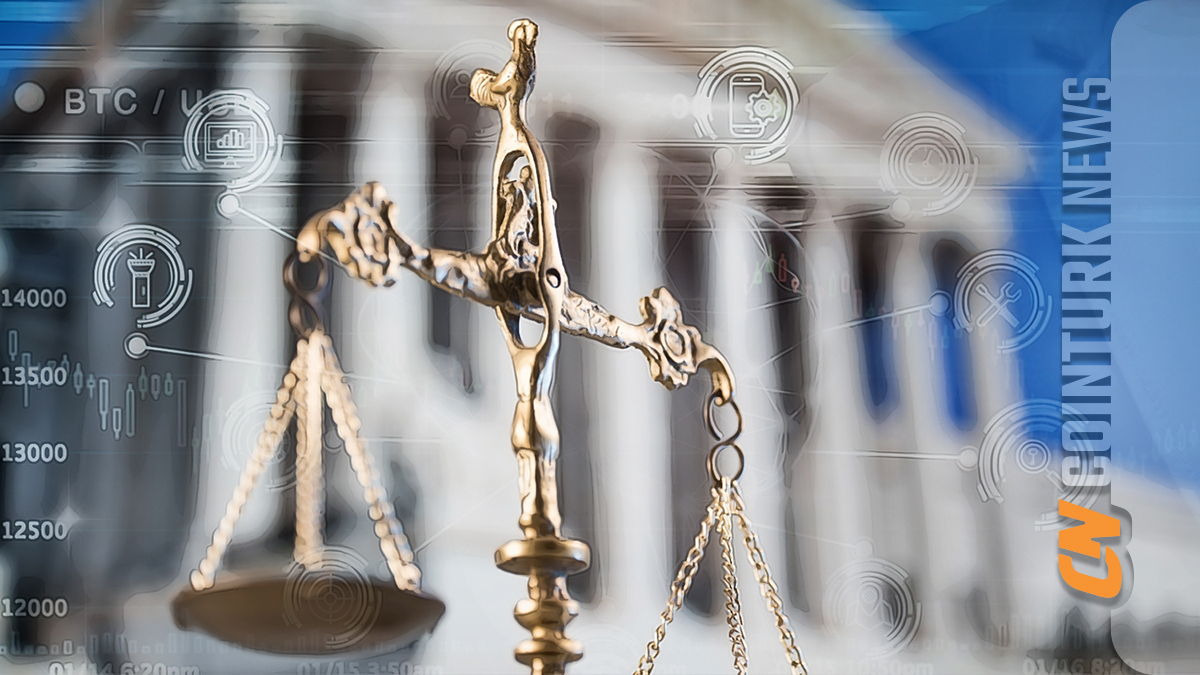Cryptocurrencies are being regulated worldwide, and Turkey has taken a new step in this regard. The regulation discussed in 2021 arrived in parliament much later than expected. After being promised for February, the details were finally announced today in the Turkish Grand National Assembly (TBMM). However, the provisions have also caused confusion.
Cryptocurrency Law in Turkey
First, these 19 articles were primarily prepared in June to remove Turkey from the FATF grey list. Treasury Minister Mehmet Şimşek consistently stated that the final step to exit the grey list was cryptocurrency regulation. Significant steps were taken in combating money laundering and licensing exchanges.

Let’s discuss the topic in detail.
What is the Cryptocurrency Tax Rate?
No, this draft does not mention any taxation for the end user. A 2% fee will be collected from the exchanges’ earnings and transferred to SPK and TÜBİTAK. The tax issue for the end user will be clarified in the second regulation (the timing is unknown). It is expected that there will be a low rate tax on buying and selling transactions and earnings. The rates are, of course, not yet determined.
Are Global Exchanges Being Banned?
Global exchanges will no longer be allowed to advertise in Turkey. Exchanges that do not have a Turkish version, meaning those that have not established a company in our country, will be prevented from serving Turkish citizens. Thus, global exchanges will not be able to use the global version, similar to what the U.S. has demanded from the Binance exchange for years. However, this will be a long process, and we may see that some exchanges do not strive much to separate Turkish customers. In fact, Binance paid a fine of over $4 billion last year for turning a blind eye to U.S. citizens.
However, Ömer İleri’s latest statement says that exchanges like Binance, which have established a company in Turkey, can also serve Turkish customers in the global version.
Decentralized Wallets and General Comments
A restriction on decentralized wallets is only possible if local exchanges receive restriction orders. So, how will the use of global exchanges be prevented? As mentioned at the beginning, the desired goal can be achieved through constant monitoring and reporting by local exchanges. Moreover, do SPK and local exchanges have sufficiently equipped personnel to manage such comprehensive supervision? Rules must be enforced, and the public damage resulting from non-enforcement could lead to much bigger problems. Within the framework of this entire draft (asset segregation, embezzlement, etc.), institutions have a tough job.
Returning to the main topic, if decentralized exchanges cannot be blocked, Turkish users can continue to use these exchanges under the current system (if global exchanges do not block Turkish users to avoid sanctions). They can use DeFi platforms and participate in airdrops. Indeed, Ömer İleri from AKP also stated that there is no such restriction. TÜBİTAK has veto power for listings. Additionally, details like asset segregation, embezzlement, etc., are included in the draft.

 Türkçe
Türkçe Español
Español









